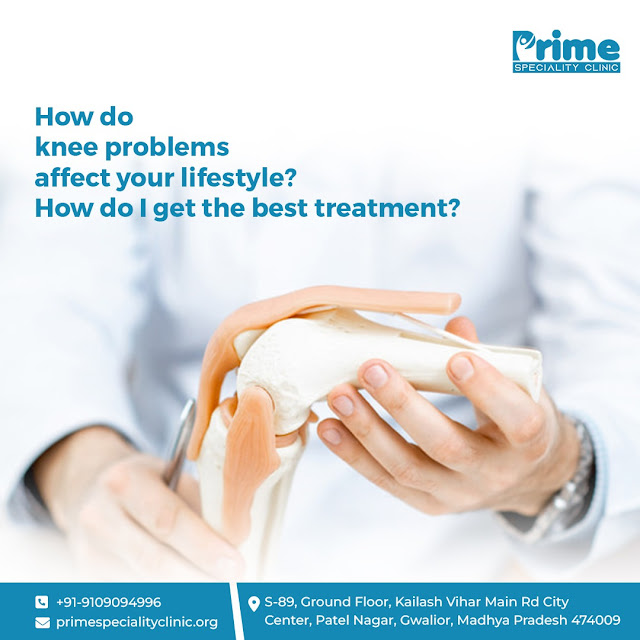7 Myths about Orthopaedic surgery in Gwalior.
Orthopaedic Surgery In Gwalior, a vital specialityof medicine that deals with bone and
muscle diseases, is sometimes veiled in myths and misconceptions. This is
particularly apparent in locations like Gwalior, where traditional beliefs and
contemporary medical techniques collide. This posprovidesrovide
evidence-based medical knowledge to dispel seven popular fallacies regarding Orthopaedic
surgery.
Here are the myths about
Orthopaedic surgery
Orthopaedic Surgery Is Always the Last Resort
Many people think
that Orthopaedic surgery should only be undertaken after all other therapies
have been exhausted. This, however, is only partially correct. Surgery may be the
most effective first-line treatment in some circumstances, such as a
significant joint injury or complicated fractures. Early surgical intervention
can frequently result in better results and a faster recovery.
Orthopaedic Surgery Is Exclusively for the Elderly
A common
misperception is that Orthopaedic operations are only for the elderly. In
actuality, these operations are appropriate for people of all ages, from young
athletes with sports injuries to middle-aged people with degenerative
disorders. Orthopaedic problems may strike anyone at any age.
Recovery from Orthopaedic Surgery Takes an Excessively
Long Time
While recovery
times can vary depending on the procedure and the individual, modern surgical
techniques and rehabilitation practices have significantly reduced recovery
periods. Minimally invasive procedures, often available in Gwalior’s medical
facilities, also contribute to faster healing and reduced hospital stays.
Orthopaedic Surgery Leads to Severe Post-Operative Pain
With advancements
in pain management and anaesthetic techniques, post-operative discomfort has
become much more manageable. Patients in Gwalior can benefit from tailored pain
relief plans, ensuring a comfortable recovery process.
Surgery Is Riskier Than Living with the Condition
This myth stems
from a general fear of surgical complications. However, the risks associated
with untreated Orthopaedic conditions, like chronic pain, decreased mobility,
and progressive joint damage, often outweigh the risks of surgery. Orthopaedic
surgeons in Gwalior have the expertise and technology to minimize
surgical risks.
Orthopaedic Surgeries Often Fail
It is widely
assumed that Orthopaedic procedures have a significant failure rate. In
contrast, success rates for treatments such as knee replacements are
astonishingly high. Continuous developments in surgical methods and prosthetic
designs have improved results even further.
Traditional Remedies Are Always Better Than Surgery
Traditional
medicines are said to always be better than surgery in Gwalior, where they are
widely regarded. While natural remedies can be useful in certain circumstances,
they are not a replacement for surgical intervention in severe cases. The
finest outcomes are typically obtained by combining ancient knowledge with
current surgical procedures.
Conclusion:
Orthopaedic Surgery in Gwalior, as in other
parts of the world, is surrounded by beliefs that might prevent people from
receiving appropriate care. Understanding the facts of these treatments is
important for making educated health decisions. As medical procedures develop, patients must meet with skilled Orthopaedic surgeons to debunk
myths and obtain the best care available.
.jpg)


Comments
Post a Comment